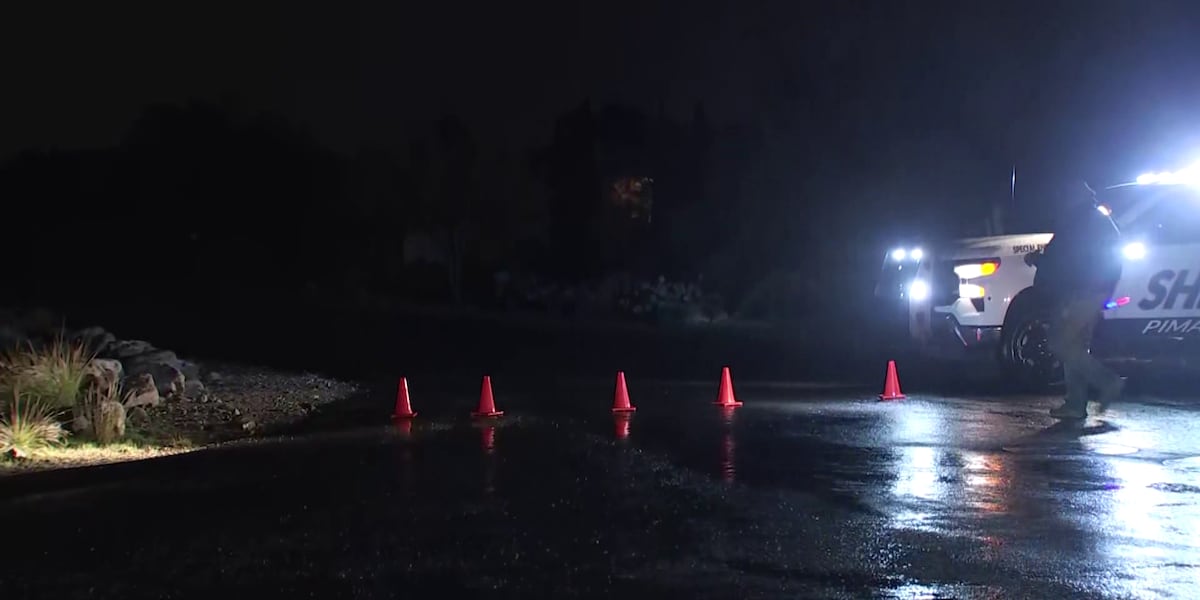Officials in California are warning of an increased risk of the potentially deadly Valley fever following more reported cases and an outbreak at a music festival this year.
The California Department of Public Health warned that residents and travelers to the Central Valley and Central Coast regions of California may be at higher risk of developing Valley fever through the fall.
Valley fever is an infectious disease caused by the coccidioides fungus, which grows in the soil and dirt in certain areas of California, CDPH said. Most people who are exposed to the fungus do not develop Valley fever, but it is possible for the fungus to infect the lungs and cause respiratory symptoms like a cough, difficulty breathing, fever and fatigue.
Certain conditions may have led to an increased risk this year.
“Possible causes of this recent increase include winter rains after several years of drought, an increase in soil disturbance activities (including construction) in high-risk areas, and increased disease recognition, testing and reporting,” said CDPH in a press release. “In addition, while most cases of Valley fever in California are reported from the Central Valley and Central Coast regions, cases have been increasing outside of these regions, including in the northern Central Valley and in southern California.”
There were over 9,000 cases of the disease reported statewide in 2023 and 5,000 preliminary cases as of July 1 of this year.
An outbreak at a music festival earlier this year also led to 19 laboratory-confirmed cases of Valley fever among attendees as of Aug. 21. The “Lightning in a Bottle” music festival took place in May in Kern County, California. Eight of the 19 patients were hospitalized.
CDPH said an investigation into the cases among attendees is ongoing.
RELATED STORY | Cases of potentially deadly Valley fever emerge after California music festival
“We’re preparing for another possible increase in Valley fever cases in the coming months, and we want Californians to know the signs and symptoms to detect it early,” CDPH director and state public health officer Tomás Aragón said in a press release. “If you have a lingering cough and fatigue, please talk to a doctor about Valley fever, especially if you’ve been outdoors in dusty air in the Central Valley or Central Coast regions.”
About 5% to 10% of patients with Valley fever will develop serious or long-term problems in their lungs, according to the Centers for Disease Control and Prevention.
While rare, the fungus can also spread to other parts of the body and cause severe disease. In some cases, the disease can be fatal.
Valley fever cannot be spread from person to person or between animals. The disease spawns from exposure to dust or dirt in places like outdoor events or job sites.
People are urged to stay inside during dust storms and close their windows. Keeping open cuts clean with soap and water can also help prevent infection.
People can also reduce their risk of infection by avoiding places like construction or excavation sites where dirt is being disturbed, the CDC said.
A vaccine is in the works but is not yet available.





